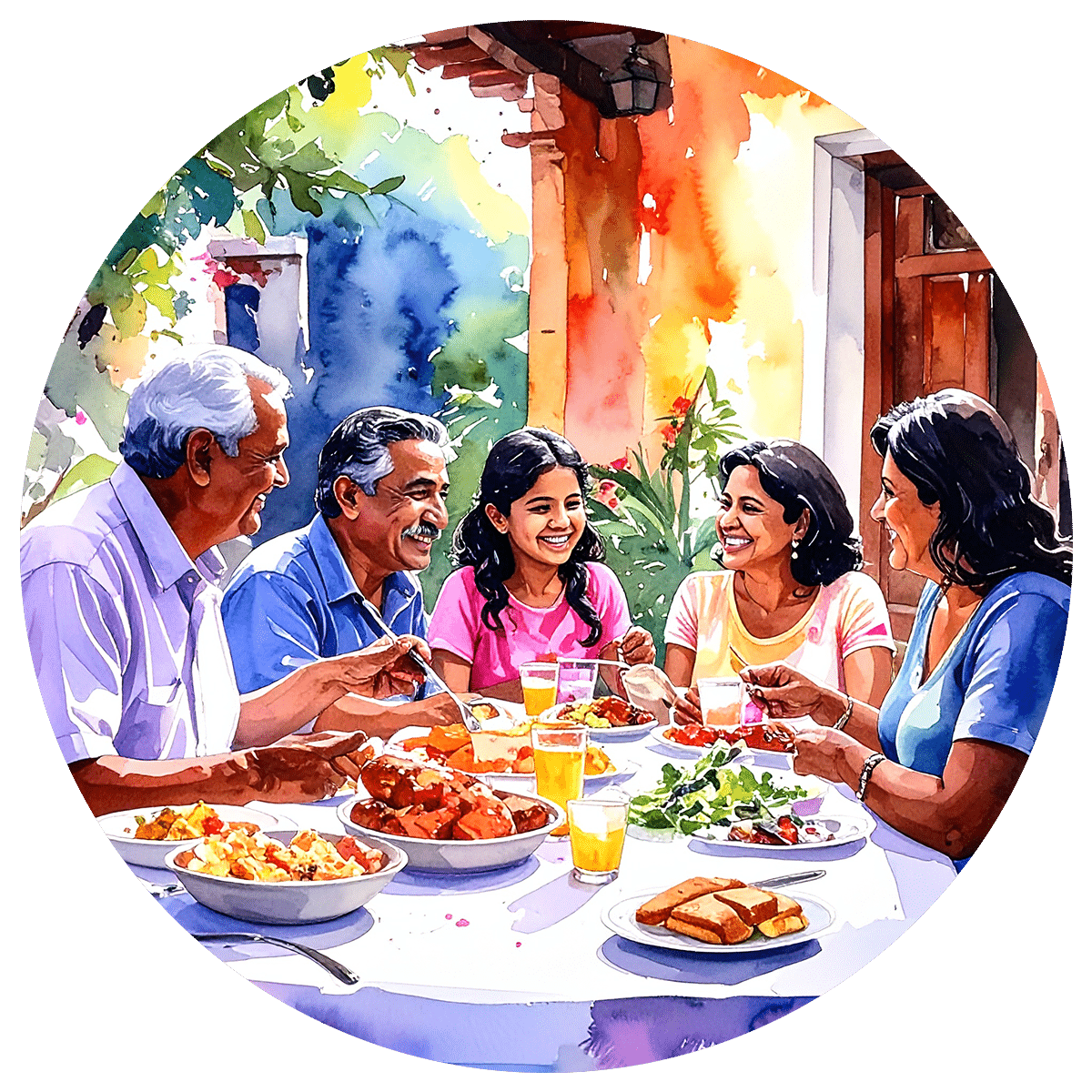Love Class
The reason for life is for each of us to grow in love.
Come, join us, in an extraordinary journey of discovery to recognize the Source of love within and how to share that love with those around us.
Each week we explore a different conscious realization of what love can be. We provide ways that will help us recognize the potential for growth towards love.

Class Curriculum
Week 1: What Love Is
In this course we will be exploring a conscious, intentional journey about the meaning of love. The word has many connotations, and this course will suggest a particular definition that we think will provide you with a new sense of what love can be, and how it can manifest in your life. What we want to suggest here is that there is a difference between human love as it is generally understood, and spiritual love as it is often not understood.
Week 2: Inner Life and Outer Life
Our inner life is the realm of Spirit, the environment where we choose and develop how we want to act, think and who we want to become. No one has any control over our inner life. We develop our inner life by choosing the values by which we want to live and grow.
The outer life is a canvas on which our inner self is reflected. Our outer life is where we put our values into action. It is where we interact with the environment; it is the sandbox in which we get to play. It is absolutely essential to our ability to grow spiritual values in ourselves as well as others.
Week 3: Mind Center, Heart Center
Our mind is where we contemplate and execute the decisions we make that affect our lives and the lives of others around us. Our heart center is where we feel the consequences of those very real decisions we make, for better or worse. We rationalize our actions in our mind and then apply them in our outer lives. How our actions are perceived outside of us by others falls within the realm of the heart. These feelings within the heart can prompt us to reassess our behavior and change or grow if necessary.
Week 4: The Golden Rule
The Golden Rule permeates the belief systems of all religions throughout history. Even people who do not identify with religion have accepted this concept of treating others the way they would like to be treated. The 1993 Parliament of the World’s Religions adopted a global ethic of the world’s religions, which stated:
“We are interdependent. Each of us depends on the well-being of all of us, and so we have respect for the community of living beings. We must treat others as we wish others to treat us. We make a commitment to respect life and dignity, individuality and diversity, so that every person is treated humanely, without exception.”
Week 5: Different Types of Values
There are three different types of values we engage in our daily lives: material, social, and spiritual. Material values are personal possessions that we treasure. Social values are culturally established norms such as our attractiveness or intelligence. Spiritual values are universally accessible to everyone, they are relationship oriented, and they constitute the meaning of love. In this course, our emphasis is on spiritual values.
Week 6: Relationship Between Values and Meanings
Values are a set of principles or qualities that guide us in our daily life. Meanings are the levels at which we understand our values. As the relationship between values and meanings grows, the understanding between the two deepens. The more loyal we are in living our values, the more the meaning behind the value grows.
Week 7: Values, Meanings, and Wisdom
Ever increasing meanings awaken in us a growing understanding of wisdom. As the world of values—the world of love—opens up to us through our active participation, a journey into our inner lives begins to unfold. This journey is rich with the conscious presence of Spirit and is where true wisdom awaits us.
Week 8: What’s next?
- Introduction to service and forgiveness
- Form small groups for support
- Invitation to join us in our work
- Offer of a wisdom counselor
- Mentors’ office time
Love. Try it. is 501(c)(3) non-profit organization.
